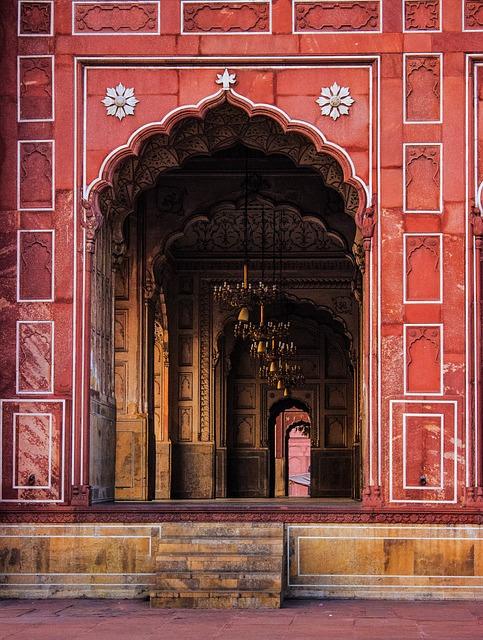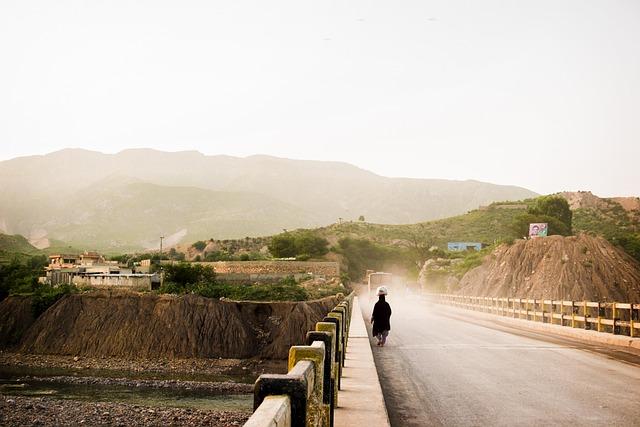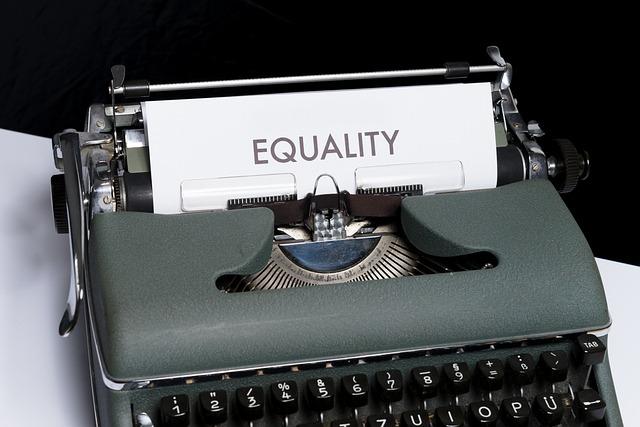In an era marked by geopolitical shifts and the relentless ebb and flow of alliances, Pakistan stands at a critical juncture, its role in international relations evolving as swiftly as the complexities of global diplomacy. Nestled at the crossroads of South Asia, Central Asia, and the Middle East, Pakistan is not merely a bystander in the intricate tapestry of international affairs; it is a pivotal actor influencing the dynamics of power, trade, and security. As the world grapples with multifaceted challenges—from climate change and economic instability to terrorism and regional conflicts—Pakistan’s strategic decisions and partnerships resonate far beyond its borders. This article delves into the multifarious ways in which Pakistan is shaping contemporary global international relations, exploring its diplomatic engagements, economic strategies, and the delicate balance it maintains amidst shifting allegiances in an increasingly interconnected world. Through a nuanced exploration, we aim to understand not only Pakistan’s aspirations on the global stage but also the broader implications for international collaboration and conflict resolution.
Pakistans Strategic Geopolitical Position and Its Global Implications
Pakistan’s unique geographical position, nestled at the crossroads of South Asia, the Middle East, and Central Asia, underscores its pivotal role in global geopolitics. As a neighbor to major powers such as India and China, and with proximity to energy-rich regions, the country emerges as a vital player in the economic and strategic landscapes of both regional and global dimensions. Key factors include:
- Access to Trade Routes: The China-Pakistan Economic Corridor (CPEC) highlights the integration of infrastructure that bolsters trade and economic ties.
- Security Alliances: Long-standing military cooperation with the United States and recent partnerships with China demonstrate Pakistan’s balancing act.
- Terrorism and Stability: Pakistan’s strategic role in countering extremism is pivotal for regional security.
The global implications of Pakistan’s geopolitical strategies are substantial. The nation serves as a critical linchpin in the balance of power within South Asia, playing a significant part in shaping not only regional but also international relations. As global attention shifts towards results-driven partnerships, Pakistan’s involvement can be outlined through:
| Strategic Element | Global Impact |
|---|---|
| Energy Corridor | Facilitating energy transfers from the Middle East to Asia. |
| Military Cooperation | Enhancing regional security dynamics, impacting U.S. and Chinese interests. |
| Geopolitical Alliances | Shaping alignments that influence global policymaking. |

The Economic Dimensions of Pakistans International Partnerships
Pakistan’s international partnerships have evolved significantly, driven by both historical ties and contemporary geopolitical dynamics. The country’s strategic location, nestled between major economic powers, positions it as a key player in regional trade and diplomacy. Investment and trade agreements with nations such as China and Saudi Arabia underscore Pakistan’s commitment to economic collaboration. These partnerships have not only facilitated the influx of foreign investment but have also fanned the flames of infrastructure development, enhancing connectivity through projects like the China-Pakistan Economic Corridor (CPEC). The nation’s efforts to promote a stable economic environment are geared towards creating sustainable growth opportunities for its citizens and fostering mutual benefits in its international dealings.
Additionally, Pakistan’s partnerships within international organizations have broadened its economic horizons. Engaging with the Shanghai Cooperation Organization (SCO) and the South Asian Association for Regional Cooperation (SAARC) provides platforms for economic collaboration and problem-solving in shared areas of concern. The importance of these affiliations lies not just in their political dimensions but in their profound economic implications, such as promoting trade, addressing poverty, and fostering regional stability. A well-coordinated approach towards these partnerships enables Pakistan to leverage its diplomatic relations for boosting economic resilience, paving the way for a more integrated and cooperative global economic landscape.

Promoting Cultural Diplomacy: Pakistans Contribution to Global Interactions
As a vibrant tapestry of diverse cultures, Pakistan has emerged as a vital conduit for cultural diplomacy that enhances its global interactions. By fostering mutual understanding and respect among nations through cultural exchanges, Pakistan leverages its rich heritage, art, and traditions to build bridges with the world. Key initiatives include:
- Cultural Festivals: Organizing events such as the Lahore Literary Festival and Karachi Biennale, which invite international artists and thinkers, showcasing Pakistani talent on a global platform.
- Academic Collaborations: Partnering with universities worldwide for student exchange programs, research collaborations, and joint conferences to promote knowledge-sharing and cultural appreciation.
- Art Exhibitions: Hosting art shows that feature traditional and contemporary Pakistani artists, highlighting the nation’s dynamic art scene and fostering dialogue.
Pakistan’s commitment to cultural diplomacy extends to its vibrant diaspora, which plays a crucial role in representing the country’s narrative abroad. The intermingling of Pakistani and local cultures leads to collaborative projects that celebrate diversity and foster lasting partnerships. Moreover, cultural diplomacy serves as a tool for soft power, enabling Pakistan to showcase its values and beliefs while engaging with global audiences. The following table summarizes significant cultural diplomacy efforts:
| Initiative | Description | Impact |
|---|---|---|
| Lahore Literary Festival | An annual event that gathers authors, poets, and intellectuals. | Enhances literary appreciation and international collaboration. |
| Karachi Biennale | A contemporary art exhibition that provides a platform for local and international artists. | Promotes cultural exchange and visibility for Pakistani art. |
| Exchange Programs | Partnerships with foreign educational institutions. | Facilitates cultural understanding and academic collaboration. |

Navigating Global Challenges: Recommendations for Pakistans Foreign Policy Initiatives
As Pakistan navigates the complex landscape of global challenges, its foreign policy must evolve to address diverse issues influencing international relations. Strengthening regional cooperation is vital, fostering relationships with neighboring countries to create an atmosphere of trust and collective security. This can be achieved through initiatives such as joint economic projects, cultural exchanges, and enhanced diplomatic dialogues. Additionally, focusing on environmental sustainability and collaboration in climate change efforts can elevate Pakistan’s standing as a responsible global citizen. Involving local communities and stakeholders in these projects ensures that policies resonate with the populace, thereby enhancing their effectiveness.
Furthermore, enhancing multilateral engagements with regional and global institutions is crucial. Pakistan should advocate for greater representation in platforms like the United Nations and the Organization of Islamic Cooperation (OIC) to amplify its voice on global issues. By pursuing strategic partnerships, particularly in technology and trade, Pakistan can leverage its geopolitical significance for economic benefits. This requires a nuanced approach to bilateral relations with major powers, ensuring that Pakistan’s interests are safeguarded while contributing to global stability. Below is a simple overview of potential partnership areas:
| Partnership Area | Potential Benefits |
|---|---|
| Technology Transfer | Enhances innovation and local industry |
| Trade Agreements | Boosts economic growth and job creation |
| Security Collaborations | Strengthens defense capabilities and regional stability |
| Climate Initiatives | Fosters sustainable development and resilience |
In Summary
In a world increasingly defined by interconnectedness and complex geopolitical dynamics, Pakistan stands at a significant crossroads. Its historical legacies, strategic positioning, and evolving diplomatic ties illustrate the pivotal role it plays in shaping contemporary international relations. As we navigate the challenges and opportunities of the modern landscape, Pakistan’s influence is likely to expand, prompting observers and policymakers alike to rethink traditional paradigms.
The threads woven by Pakistan’s involvement in global diplomacy stretch from economic partnerships to security alliances, echoing the multifaceted nature of international engagement. As we look ahead, it becomes clear that understanding Pakistan’s role is not merely about acknowledging its past; it’s about anticipating its future contributions to global stability and cooperation. In an ever-evolving world, one thing remains certain: the journey of Pakistan on the global stage is far from over. The next chapter promises to be as compelling as the last, inviting us all to stay engaged and informed in the ongoing dialogue of nations.



